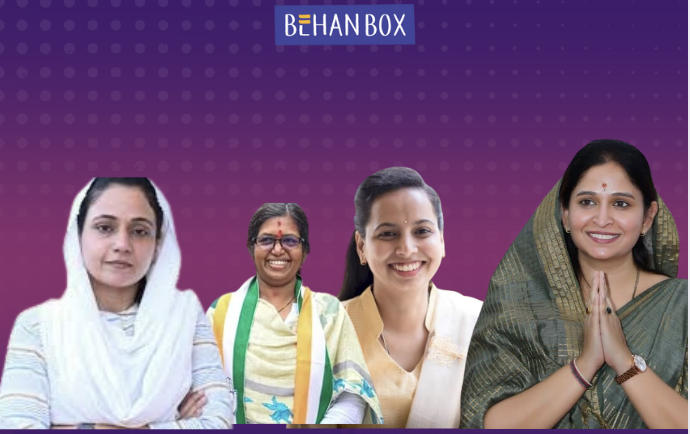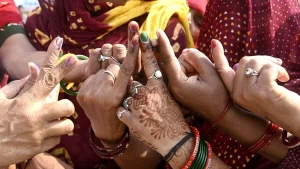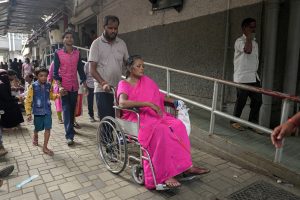[Readmelater]
With Fewer Women MLAs, Gender Parity Takes A Hit In Maharashtra Assembly
Smaller states in India have a better record of women’s representation in their assembly. In Maharashtra, the gender skew is glaring – few contest, fewer win and those who do often have family backing

Support BehanBox
We believe everyone deserves equal access to accurate news. Support from our readers enables us to keep our journalism open and free for everyone, all over the world.




